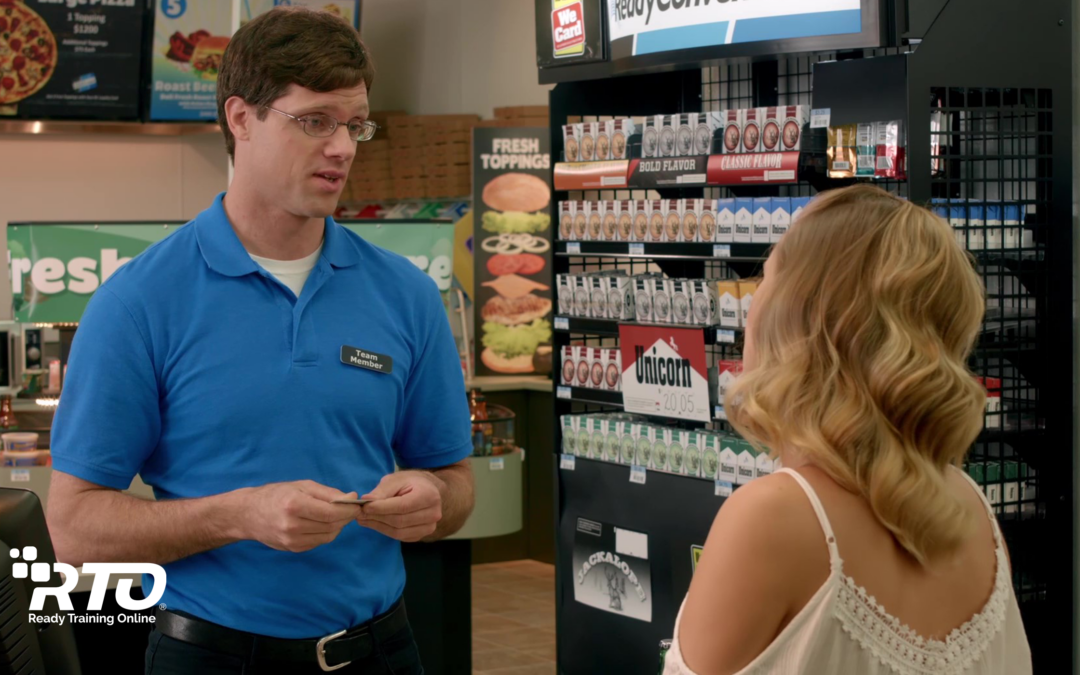If someone would have told you a few months ago that you’d be operating with markings on the floor to indicate where customers should stand, what would have you thought? If they would have said to expect fuel sales to plummet and food sales to skyrocket, what would have you done to prepare? So much has changed since before the current health crisis took over, you may sometimes feel like that old “normal” was both just yesterday and a lifetime ago.
It’s true that a lot has changed for convenience stores over the past several weeks, but it’s important to keep in mind that many things have stayed the same. While your role as an essential business has transformed, you are still bound by the same compliance regulations. For example, you and your staff must continue to strictly follow federal, state, and local laws regarding age-restricted sales. With sales of tobacco and alcohol up in many markets, it would be well worth your time to put your staff through some refresher training to ensure your store continues to follow all compliance regulations.
Now is also a critical time to consider how procedural changes you’ve made to help prevent the spread of disease may impact some of your compliance procedures. For example, your previous policy should have required your staff to physically inspect an ID to ensure its validity, feeling for problems with the lamination or other issues that may point to fraud. In the midst of this health crisis, however, safety guidelines require employees to limit contact with customers as much as possible. That does not mean that a thorough inspection of the ID is any less important. Customers should still be required to remove their IDs from wallets. Employees can ask to visually inspect both sides of the ID while verifying the birthdate puts the customer over the legal age to purchase. If the customer’s face is covered, employees should focus on eye color, height, and weight to determine if the ID belongs to the customer using it.
If you’re offering curbside or delivery service on items, consider compliance regulations fit into those new services. Remember that while employee and customer safety is your top priority right now, compliance and customer service will still make or break you in the long run.
The unprecedented changes you have made to address disease prevention and safety can easily throw employees off their game. Processes that had become second nature to them before – like how to properly check an ID – have been disrupted by the new rules they must follow to stay safe. Take the time to recognize the challenges employees are facing and work with them to determine new ways to balance both safety guidelines and compliance regulations. Then, train everyone thoroughly, monitor transactions consistently, and retrain employees patiently whenever necessary.
Convenience Store Compliance Training
The right training prepares your employees for the challenges they face on the job. Our convenience store compliance training programs teach the skills your employees need to succeed.





